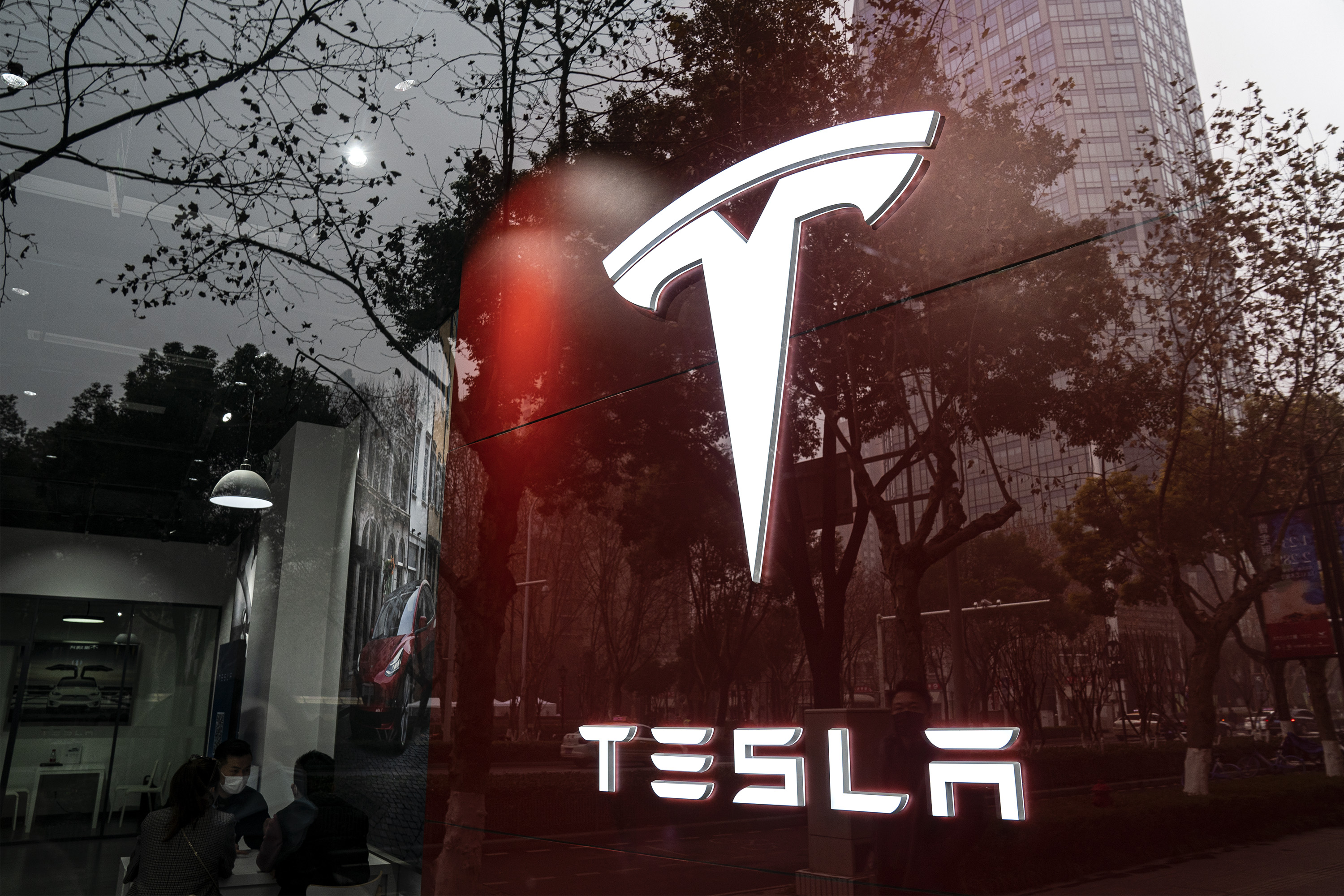At the heart of Duolingo is its mission: to scale free education and increase income potential through language learning. However, the same mission that has helped it grow to a business valued at $2.4 billion with over 500 million registered learners, has led to tensions that continue to define the business.
How do you survive as a startup if you don’t want to charge users? How do you design a startup that isn’t too hard to lose people, but isn’t too easy to compromise education? How do you balance monetization goals while also keeping education as a product free?
For my first EC-1, I spent months with Duolingo executives, investors, and of course, competitors, to answer some of these questions.
- How a bot-fighting test turned into edtech’s most iconic brand, Duolingo (3,300 words/13 minutes)
- The product-led growth behind edtech’s most downloaded app (3,000 words/12 minutes)
- How Duolingo became fluent in monetization (2,800 words/11 minutes)
- Duolingo can’t teach you how to speak a language, but now it wants to try (3,100 words/12 minutes)
One of my favorite details in the story that got left on the cutting room floor was Duolingo co-founder and CEO Luis von Ahn comparing his company to the elliptical. I was pressing him on the efficacy of Duolingo, and the long-standing critique that it still can’t teach a user how to speak a language fluently.
“Now, there’s a difference between whether you know you’re doing the elliptical or yoga or running, but by far, the most important thing is that you’re doing something [other than] just walking around,” he said.
What von Ahn is getting at is that Duolingo’s biggest value proposition is that it helps people get motivated to learn a language, even if it’s just five minutes — or an elliptical workout — a day. He thinks motivation is harder than the learning itself. Do you agree?
If you enjoyed my series, make sure to check out other EC-1s and subscribe to ExtraCrunch to support me, this newsletter and the rest of the team. I’d also love it if you followed me on Twitter @nmasc_.
In the rest of this newsletter, we’ll talk about Tesla, the morality of going public and verticalized telehealth.
There’s always a Tesla angle
When I was working in Boston, the newsroom saying was “there’s always a Boston Angle.” In a remote, tech-dominated world, I’ll tweak it: There’s always a Tesla angle. While we all prepare for Elon Musk to grace the SNL stage, there’s a story you might want to check out.
Here’s what to know: Tesla tapped a small Canadian startup to build cleaner and cheaper batteries. The price tag will shock you, but the story tells a bigger narrative about patented technology, and the outsized impact that a tiny startup has on Tesla’s route to batteries.
Literally moving us along:
- Can solid state batteries power up for the next generation of EVs?
- GM CEO Mary Barra wants to sell personal autonomous vehicles using Cruise’s self-driving tech by 2030
- Lucid Motors taps Waymo, Intel veterans ahead of public listing
- Argo’s new lidar sensor could help Ford, VW deploy self-driving vehicles at scale
- And if you enjoy mobility news, definitely subscribe to The Station, a weekly newsletter dedicated to all things transportation.
Tesla taps tiny startup’s tech to build cheaper, cleaner batteries

The clash of the CFOs
While Equity usually keeps it light and punny, we chewed into a deeper topic this week: the morality of going public. Startups are staying private longer than ever before, but one CFO argues that it’s a moral obligation to leave the nest and provide returns to the general public. We had that CFO on the show, along with another CFO at a company pursuing a SPAC. It ended up being the most interesting clash of the CFOs I’ve been a part of.
Here’s what to know: The growth of venture capital as an asset class has a role to play in this whole mess and has kept the nest warm for many startups. We talk about if the tides are turning, or we’re saying goodbye to a world in which a company like Salesforce would debut price for $11 per share.
While you’re focused on Twitter’s tip jar, here’s other money news you may have missed in the meantime:
- Beyond the fanfare and SEC warnings, SPACs are here to stay
- Uber’s mixed Q1 earnings portray an evolving business
- Why did Bill.com pay $2.5B for Divvy?
https://techcrunch.com/2021/05/05/the-morality-and-efficacy-of-going-public-earlier/?+Exits%29

Where telehealth goes from here
As I start to cover digital health, one of the biggest questions I ask and get asked is where telehealth goes from here. Virtual caretaking had an uptick in usage because of the pandemic but is now starting to slow as the world reopens and vaccinations are on the rise. For telehealth startups, it means crafting a pitch that explains why virtual care makes sense for the conditions you serve.
Here’s what to know: I talked about how to become pandemic-proof in healthcare with Expressable, a virtual speech therapy startup that just raised millions in venture capital money. Part of the startups’ product differentiation is an edtech platform that motivates consumers to asynchronous practice speech exercises with the help of parents and friends.
And down the rabbit hole we go:
- Kry closes $312M Series D after use of its telehealth tools grows 100% yoy
- AI is ready to take on a massive healthcare challenge
- 4 strategies for building a digital health unicorn
- Why are telehealth companies treating healthcare like the gig economy?
Expressable launches with millions for scalable speech therapy

Around TechCrunch
- Announcing the TechCrunch Early Stage Marketing & Fundraising agenda
- Applications for the TC Early Stage Pitch-Off in July are open
- Pitch your startup to seasoned tech leaders, and a live audience, on Extra Crunch Live
- Shauntel Garvey of Reach Capital will join us to judge this year’s Startup Battlefield
Announcing the TechCrunch Early Stage Marketing & Fundraising agenda
Seen on TechCrunch
- Yale’s longtime — and legendary — endowment chief, David Swensen, has passed away at age 67
- How Robert Reffkin went from being a C-average student to the founder of Compass
- A conversation with Bison Trails: the AWS-like service inside of Coinbase
- The Shopify for NFTs
- This startup just raised millions to help employees better understand compensation
Yale’s longtime — and legendary — endowment chief, David Swensen, has passed away at age 67
Seen on Extra Crunch
- Freemium isn’t a trend — it’s the future of SaaS
- How much product room with fintech giants leave for startups?
- One CMO’s honest take on the modern chief marketing role
- Despite gains, gender diversity in VC funding struggled in 2020
And that’s that. Thank you for reading along and supporting me. I’ll never get over it.































Comment